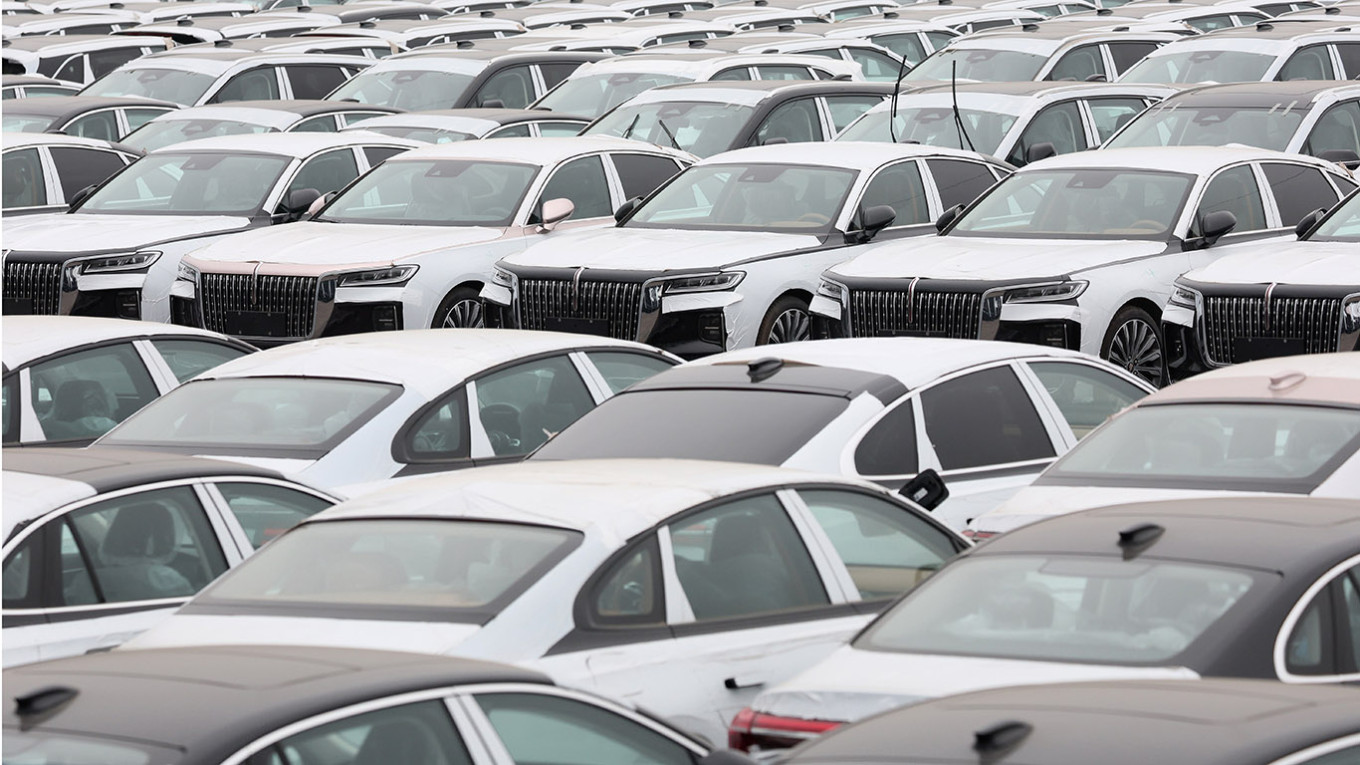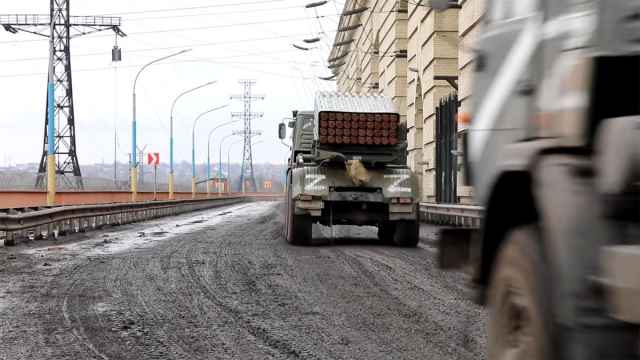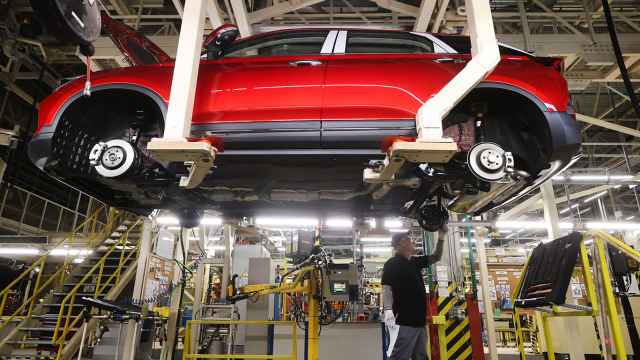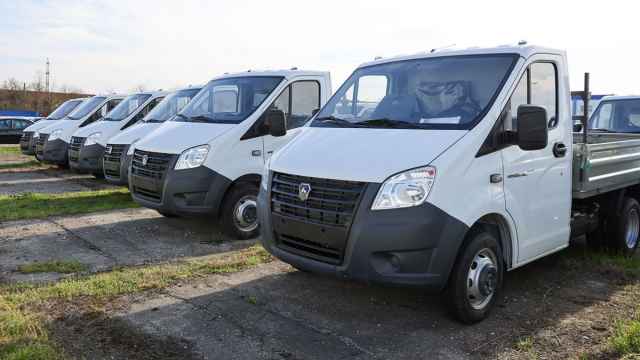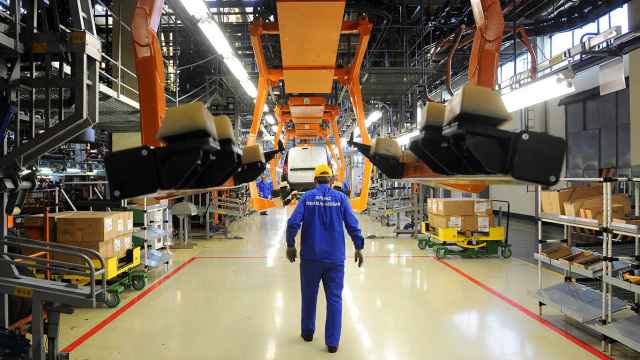Hopes for a rebound in Russia’s auto market have faltered as vehicle sales declined sharply in May despite an uptick in the previous month.
Sales of passenger cars and light commercial vehicles fell by 27.5% year-over-year in May to 98,300 units, according to figures from the Industry and Trade Ministry based on vehicle registration data.
Passenger car sales alone fell 28% from May 2024, totaling just 90,700 vehicles. That marks a continued year-over-year decline following April’s 26% drop — a trend that has held steady through the first five months of the year.
The ministry linked the weak May performance to seasonal factors. But several auto dealers pushed back on that explanation, noting that May typically brings a bump in demand and often outpaces April.
“The situation is significantly worse than April, and worse than last year. We didn’t expect it to be this bad,” a manager at a dealership representing multiple Chinese brands told The Moscow Times' Russian service, speaking on condition of anonymity for safety reasons.
Industry surveys confirm the pessimism. “More than half of dealers report that business is worse than a year ago, though around 15% say they’ve seen some improvement,” one automotive analyst told MT Russian.
Dealers say demand is being undermined by macroeconomic uncertainty. Potential buyers are holding onto their savings or shifting funds into U.S. dollars, betting on a ruble depreciation widely forecast by economists.
“People are putting their money in deposits or rushing to buy dollars, hoping to profit from currency fluctuations,” said one dealer. Discounts, he added, remain the only reliable incentive to close a sale.
Much of the current sales activity is being driven by discounted inventory, especially older imports. That trend hasn’t abated, according to Sergei Tselikov, director of the AvtoStat analytics agency.
Tselikov noted that in May, the majority of sales for some Chinese automakers were from 2023 stock, not 2024 models. For example, 63% of FAW’s sales and 86% of Livan’s (a joint venture between Geely and Lifan) were vehicles manufactured more than a year ago.
“Too bad cars aren’t like wine — age doesn’t increase the value,” Tselikov said.
According to AvtoStat, over 70% of all new passenger vehicles sold in Russia since the beginning of the year were produced in either 2023 or 2024.
Sales of domestically produced vehicles, including passenger cars, trucks and buses, have held up slightly better than imports, the industry ministry said. In May, 57,600 Russian-made passenger cars were sold, down 15% from a year earlier.
But even that more modest decline is taking a toll. According to the Central Bank, capacity utilization in the automotive sector, adjusted for seasonal fluctuations, fell to its lowest level since early 2023.
A Message from The Moscow Times:
Dear readers,
We are facing unprecedented challenges. Russia's Prosecutor General's Office has designated The Moscow Times as an "undesirable" organization, criminalizing our work and putting our staff at risk of prosecution. This follows our earlier unjust labeling as a "foreign agent."
These actions are direct attempts to silence independent journalism in Russia. The authorities claim our work "discredits the decisions of the Russian leadership." We see things differently: we strive to provide accurate, unbiased reporting on Russia.
We, the journalists of The Moscow Times, refuse to be silenced. But to continue our work, we need your help.
Your support, no matter how small, makes a world of difference. If you can, please support us monthly starting from just $2. It's quick to set up, and every contribution makes a significant impact.
By supporting The Moscow Times, you're defending open, independent journalism in the face of repression. Thank you for standing with us.
Remind me later.


